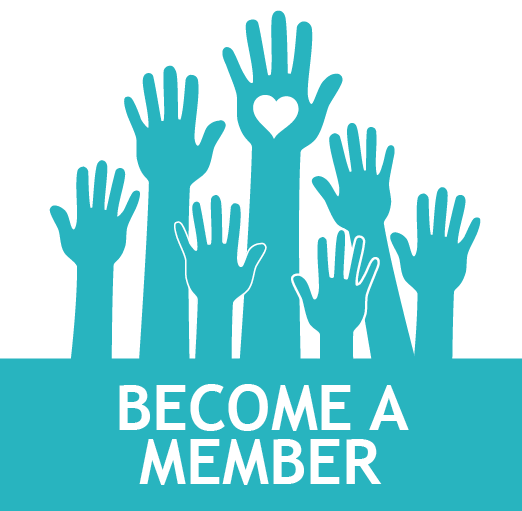
Panel Conversation In Collaboration with World Bicycle Relief – Mobility as a Human Right and a Missing Link to Achieving the SDGs
Moderated by Alisha Myers, Global Director, Strategic innovation & Information, World Bicycle Relief, we held a panel conversation on 7 October 2021 with:
- Heather Barr, Associate Director, Women’s Rights Division at Human Rights Watch
- Wendy Chamberlin, independent consultant for CGAP, formerly global programs director BOMA Project, Associate Program Officer, Gates Foundation
- Andrea Coleman, Co-Founder, Riders for Health
- Habiba Mohammed, Director of the Center for Girls’ Education, Zaria, Nigeria
Watch the full event:
Summary of the Event
Over 1 billion people around the world (including 450 million rural Africans) are isolated from opportunity, markets, and services. Panelists discussed how central mobility and transportation are to people’s lives, particularly women and girls. World Bicycle Relief set the stage by sharing its evidence that girls owning bicycles for two years are 19% less likely to drop out of school, compared to girls without bicycles. In Zambia, dairy farmers with Buffalo Bicycles earned 25% more income, and in Kenya, health workers achieved an 88% increase in patient reach. Viewing mobility through the lenses of access, availability, utilization and sustainability is helpful to assessing community needs. Lack of mobility impedes gender equality, limits women and girls’ agency, and affects social exclusion.
While sustainable access to mobility and transportation are essential to achieve the SDGs, they are often under-prioritized and under-resourced in global development. They are often not appropriately integrated into development policies, investments and plans. Panelists discussed the need to break down silos (i.e. health, education, livelihoods) and the urgent need for governments and funders to think about the complexity of people’s lives to inform solutions. Approaches to building resilience (including asset protection, physical access, and knowledge/information) need to address transport, mobility, transportation poverty and energy poverty to achieve impact at a larger scale.
Those promoting a rights-based approach to development sees transport and mobility as inherent in other rights. As a result, the Convention on the Elimination of All Forms of Discrimination against Women says very little about mobility. Panelists discussed how women need to have freedom of movement to access services and the importance of integrating transport and mobility into policies as a human right. South Africa’s recent efforts to make mobility an exclusive right in their bill of rights may be a potential model to look at.
Scalable, replicable solutions exists for funders and governments to take up, but they often default to expensive roads, versus appropriate solutions for rural transport and maintenance. Panelists discussed the importance of raising visibility of the issue with policymakers, including safety (especially for women and girls), and maintaining infrastructure.
People most vulnerable to climate shocks are also those most constrained by mobility and lack of access. Innovations being developed are generally not being transferred to the most vulnerable, though they often feel the effects the most. Given growing African urban migration, more is needed to develop new models for mobility in the future that are climate friendly. This issue is currently not part of the global conversation about global climate commitments and needs to be.
Recommendations to policymakers and funders:
- To achieve the SDGs, prioritize and increase investment in mobility and transportation targeting rural areas
- Integrate transport planning into development policies and plans (health, education, rural economic development, etc.)
- Raise the visibility and global attention on the mobility and transport needs of the rural poor, particularly women and girls
- Existing progress reviews of implementation of the Convention on the Elimination of All Forms of Discrimination against Women should look at gender disparities in mobility and regularly report back on progress
- Take a human-centered approach to mobility solutions that reflects people’s diverse needs
- Funders need to provide patient capital to support systems change
- Link mobility and transport to road safety, infrastructure and sustainability to optimize investment
- Recognize mobility as the missing link in global development!
- Get involved!
- Contact World Bicycle Relief to join the rural mobility working group of the Africa Network for Walking & Cycling
- Contact World Bicycle Relief or Riders for Health to get tools/approaches for embedding rural mobility into development planning and to participate in the Catalyst2030 Transport and Mobility Alliance

 Female Empowerment: The Power of Partnership Across Borders To End Gender Based Violence
Female Empowerment: The Power of Partnership Across Borders To End Gender Based Violence